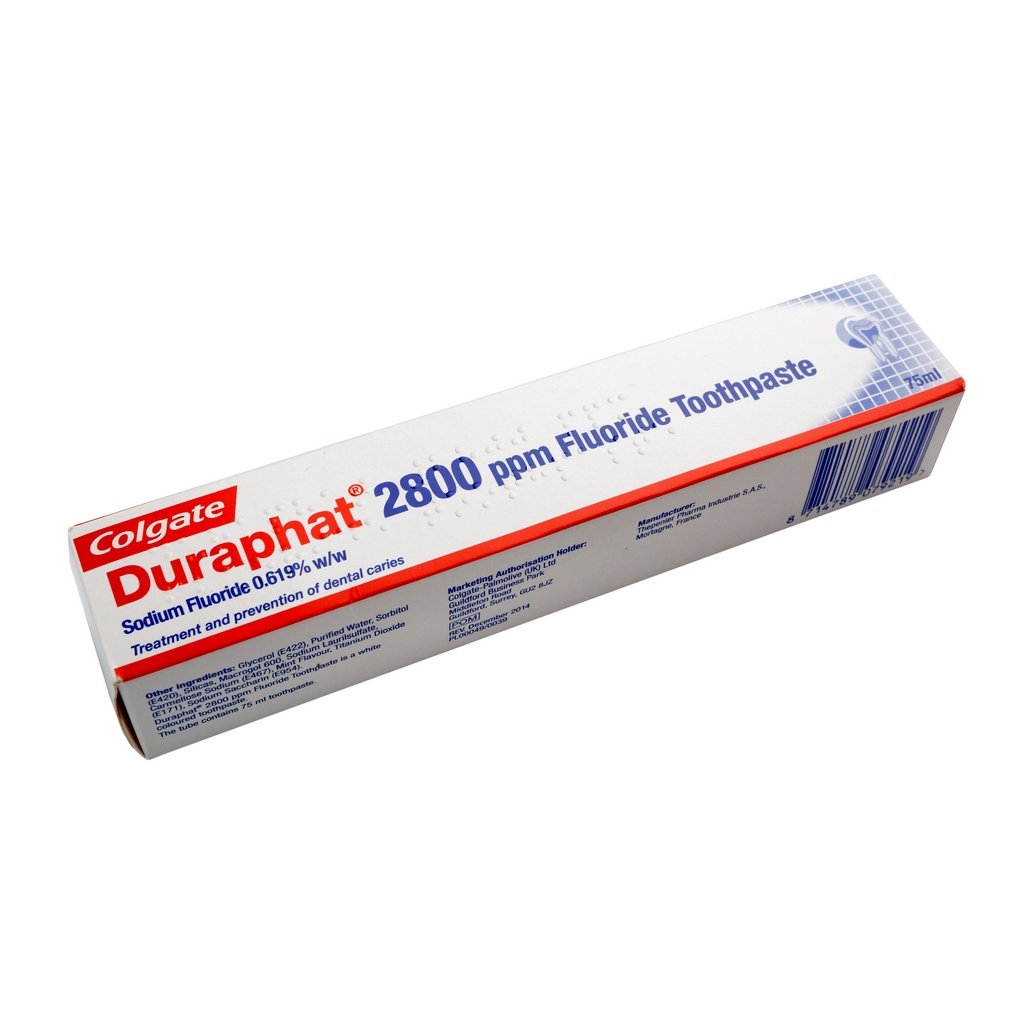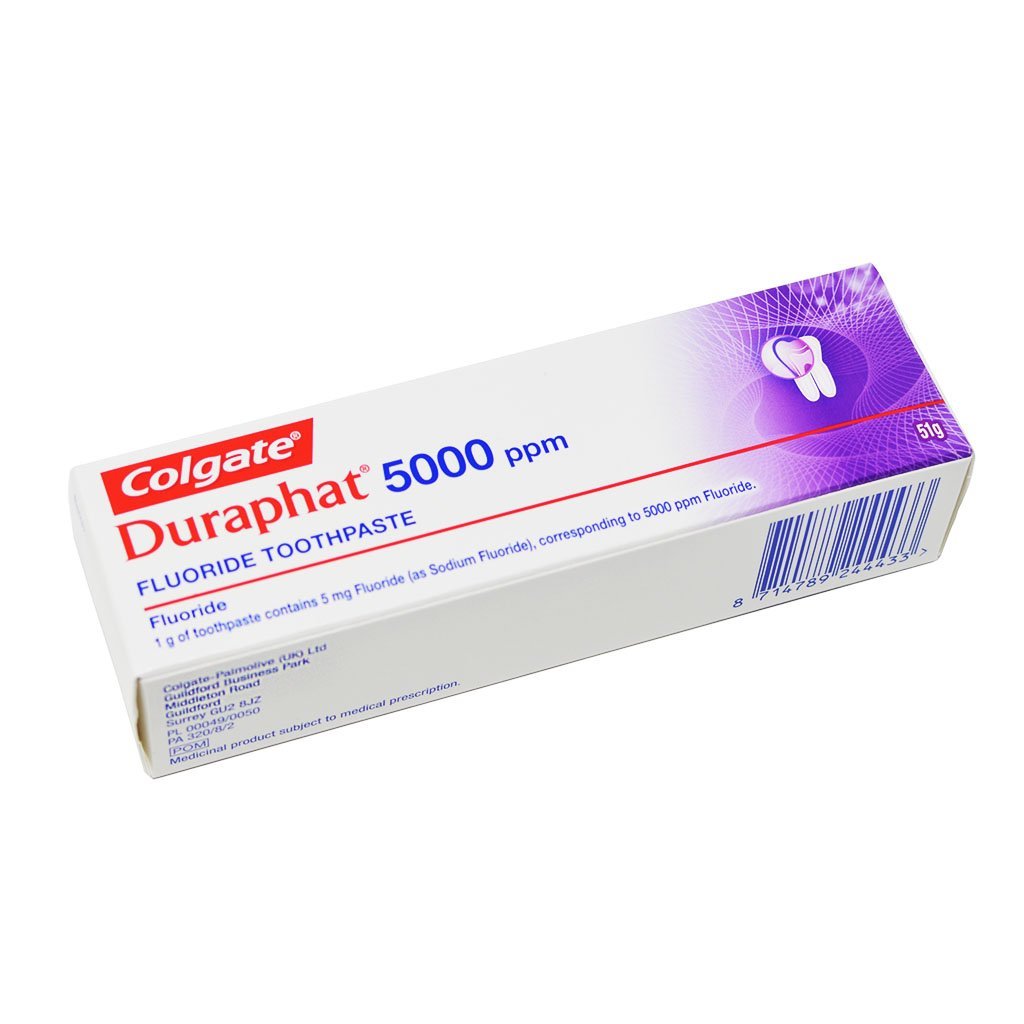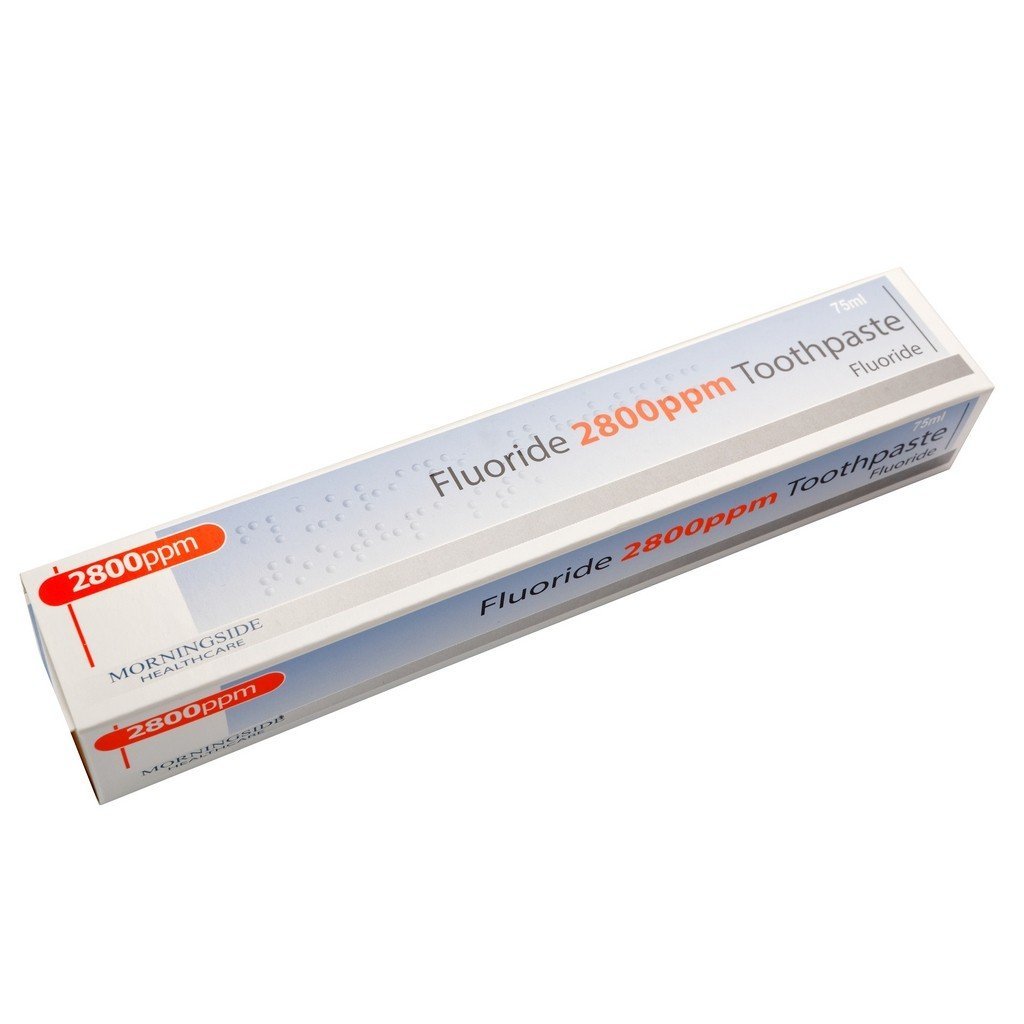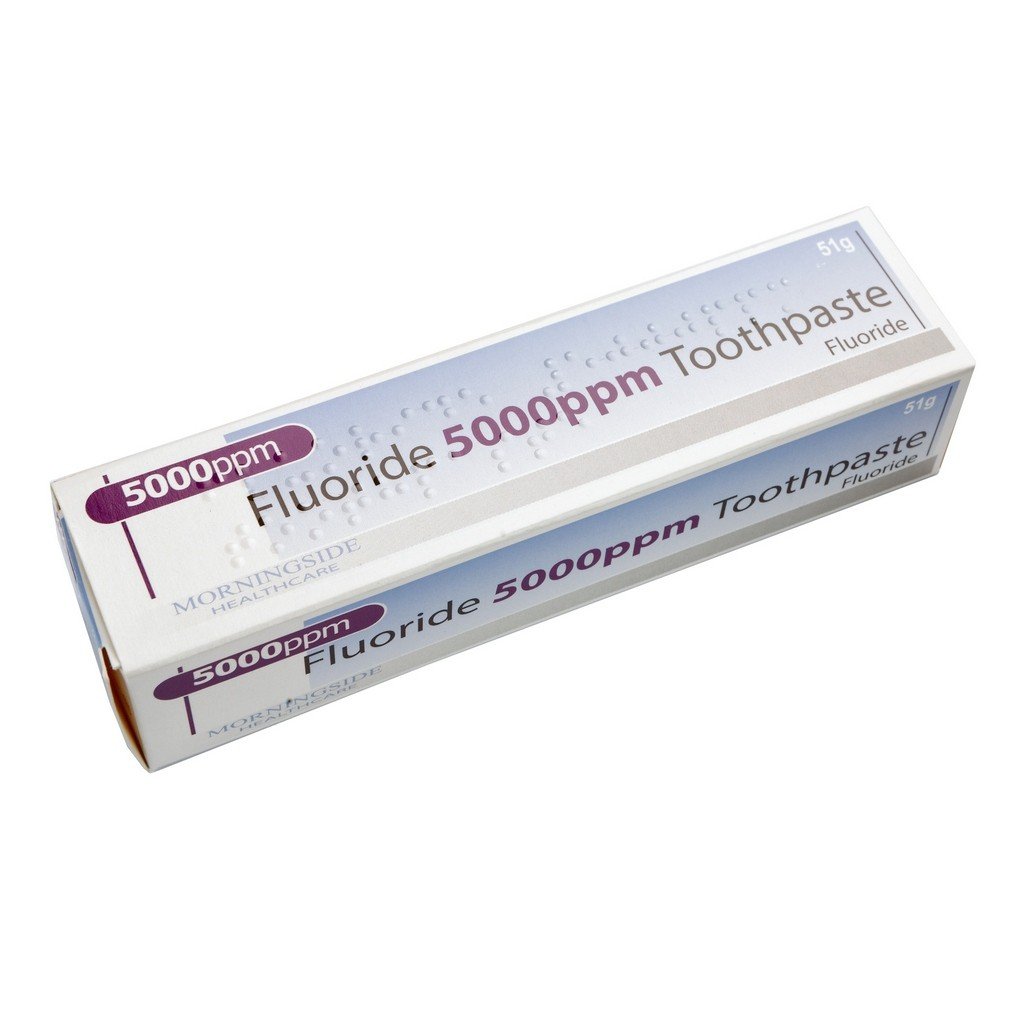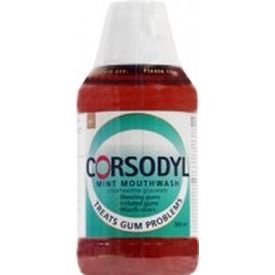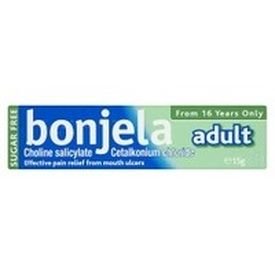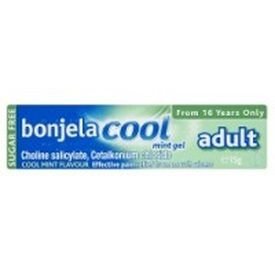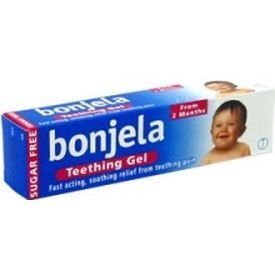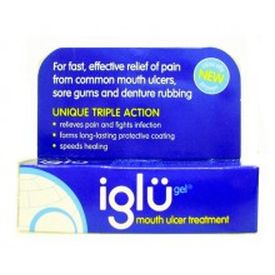Fluoride Toothpaste Prescription
Most toothpastes contain a substance called fluoride, a naturally occurring mineral which can be found in water. It is added to many dental products including fluoride toothpaste. Fluoride can vastly improve dental health as it can strengthen the tooth enamel and help prevent tooth decay. A further benefit is that it reduces the amount of acid produced by the bacteria on your teeth.
Most toothpastes contain between 1350 and 1500ppm of fluoride, which is normally enough to protect your teeth against tooth decay. Some people may need a higher amount of fluoride if their tooth enamel has been eroded. This erosion is caused by sugary and acidic foods which dissolve the enamel, leading to demineralisation. White spots on the teeth are the first sign of demineralisation of the tooth enamel. Some people may need a higher amount of fluoride, such as 2800ppm and 5000ppm if they are more at risk of tooth decay.
Fluoride Toothpaste 2800ppm | Colgate Duraphat
- Available as: Colgate Duraphat 2800ppm fluoride toothpaste
- Has around double the amount of fluoride compared to regular toothpaste
- Prescription only treatment
- Can be used by adults and children aged over 16 years
- Has better cavity protection than normal toothpaste
- Helps prevent plaque and reduces the acid that causes tooth decay
- Can help repair damaged enamel in the early stages of erosion
- Recommended for people with tooth decay, exposed root surfaces on the gums, those on high sugar diets, or have dry mouth.
Tooth Decay Treatment
Our teeth are covered in a hard substance called enamel. As we eat food, our teeth become covered in a layer of bacteria called plaque. The bacteria in this plaque can attack the enamel and lead to cavities. Once a cavity forms, then a dentist will need to give you a filling. If the cavity is still small flouride toothpaste can help to harden the enamel also repair it
Gum Disease
Plaque can build up along and under the gum line, which can lead to an infection. This is called gum disease. Mild gum disease may make your gums red, swollen and bleed This is known as gingivitis, and can be prevented if you brush and floss every day. Severe gum disease (periodontitis) can cause chewing difficulties and even tooth loss, and must be treated by a dentist.
8 simple dental treatment steps
Follow these dental care steps to look after your teeth, and avoid emergency trips to the dentist:
- Brush your teeth at least twice a day, for no less than 2 minutes.
- Use a fluoride toothpaste with at least 1,350 ppm fluoride.
- Do not rinse out your mouth after brushing. This can dilute fluoride from the toothpaste. Spit out excess toothpaste instead.
- Use interdental brushes or dental floss to clean between your teeth at least once a day. This can help prevent the build-up of plaque which can lead to tartar.
- You can use a mouthwash that contains fluoride. This should not be used immediately after brushing your teeth, and should be used at other times between brushing.
- Cut down on your intake of sugary and acidic foods.
- Brush baby teeth as soon as they come through. Use only a pea sized amount of toothpaste for young children.
- Have regular check-ups with a dentist every 6 months


